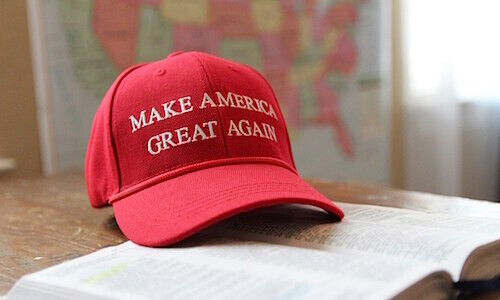UBS: Trump Shooting Adds «New Layer of Complexity»
The failed assassination attempt against Donald Trump has added a «new layer of complexity», according to a UBS report, with implications for upcoming campaign activity.
Following the failed assassination attempt against Donald Trump on July 13, UBS expects changes to the campaigns of both the former and current president Joe Biden.
«In the near term, we expect reduced formal campaign activity as security measures are increased and campaign messaging is reviewed,» the bank said in a chief investment office note. «We note that the Biden campaign has already paused communications. This could lead to more controlled and less accessible campaign events, which would impact voter engagement and campaign dynamics.»
Election Odds Unchanged
After the Trump-Biden debate, UBS revised its election forecast with a 45 percent chance of a «red sweep», 30 percent for a Democratic victory with a split Congress, 15 percent for a Trump victory with a split Congress and 10 percent for a «blue sweep». For now, the bank has kept this prediction unchanged.
«A key question will be how the assassination attempt affects swing voter attitudes. President [Ronald Reagan] saw an immediate increase in his popularity following the attempt on his life in 1981, though the bump in support ebbed within three months following the incident,» it commented.
Investment Outlook
On the investment outlook, the bank noted that the shooting adds a «new layer of complexity to an already tumultuous election season». While it does not advise investors to make major portfolio swings in response, it nonetheless provided recommendations for those seeking to reduce exposure to political uncertainty.
In equities, this includes the management of the consumer discretionary sector, which would likely suffer from higher import tariffs, in favor of defensive strategies, such as capital preservation or yield-generating approaches for election-sensitive stocks or cyclical sectors like energy, industrials and financials.
In fixed income, the bank prefers quality bonds while in currencies and commodities, it prefers the Swiss franc and gold over the Chinese yuan and Mexican peso.

























